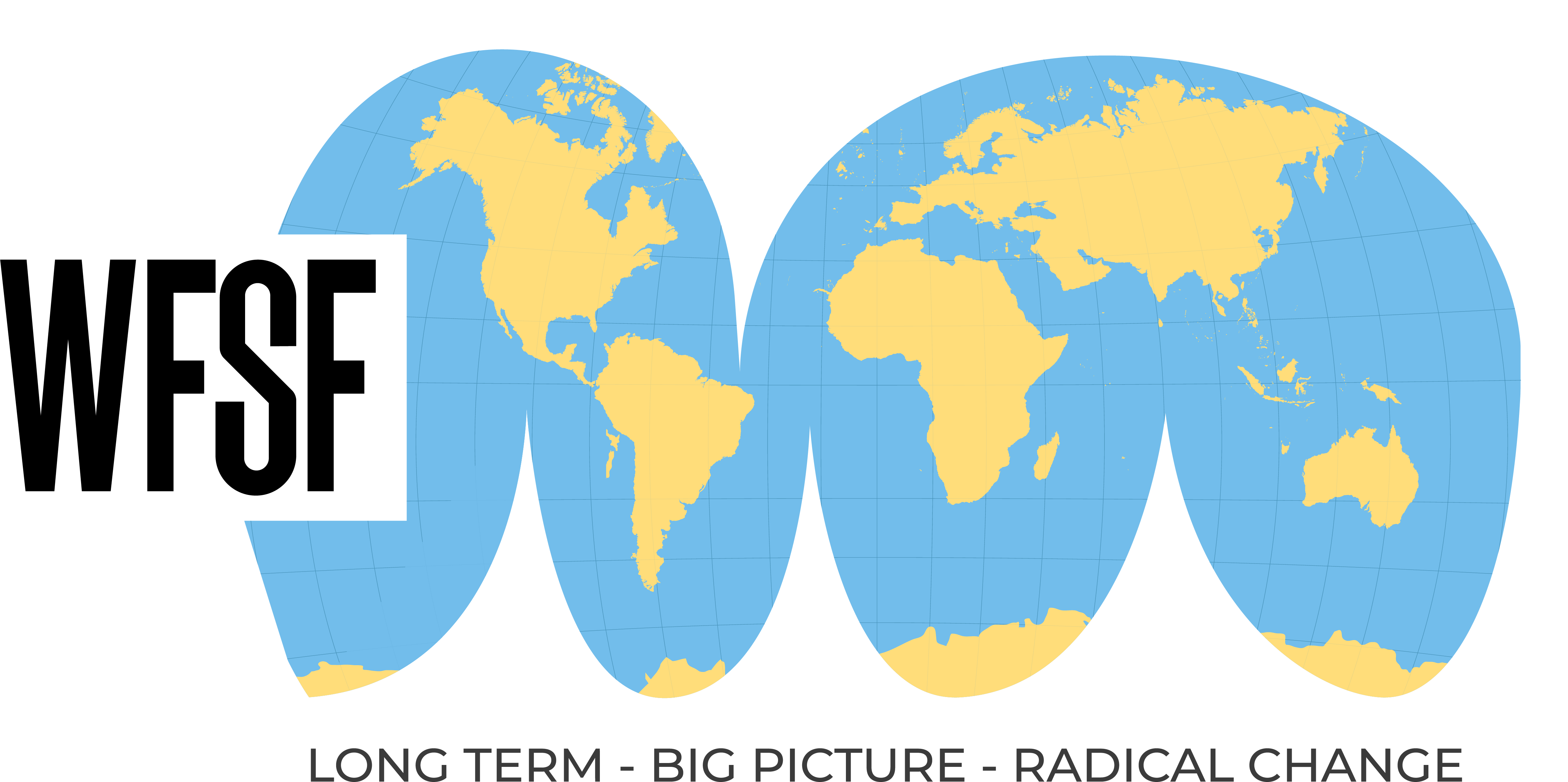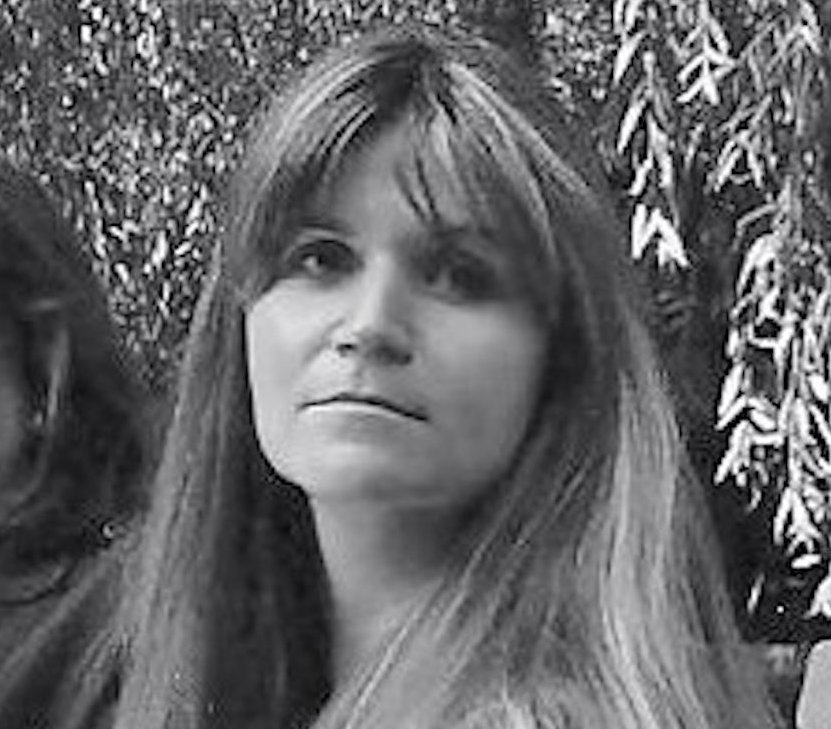24th World Conference

Lessons from 2040 Social Innovation in Flanders Belgium
This paper will present the pragmatic culmination of findings from a research project undertaken by Open Time AFR in 2017-2021 in partnership with a Brussels-based social innovation non-profit organization. Mindful of the overarching research question, ‘how can an NGO motivate and involve different actors in society in social innovation – regardless of socio-economic, financial, ecological … societal circumstances?’, the overall intent was to gather relevant lessons and nuances for strengthening/implementing contemporary social innovation – obtained via various collective and co-creative futures processes.
In methodological order, following immersion into the domain, (1) a contemporary Horizon Scan was conducted, followed by (2) the development of 4 alternative 2040 futures scenarios conform UH Manoa Generic Futures, to then allow college students and social entrepreneurs to being placed within these 4 scenarios via (3) the deployment of the Shuffle the Future online serious game developed by Open Time. Navigation in these predetermined futures allowed players/participants to critically contemplate social innovation and entrepreneurship in their respective and diverse new 2040 realities.
The analysis of results, partially also incorporating COVID-19 taking ‘over’ society (and igniting innovation?), will allow the broader audience to receive insight into this Flemish case-study from a procedural and qualitative standpoint. Substantive conclusions touch upon loneliness, digital connectivity, open/public spaces, community involvement, apathy, fragmented political structures, universal basic income, education, … while from a procedural and content-perspective, there is no denying that ‘forcing’ participants into a set (generic) future scenario ensures an innovative attitude; yet the consensus was clear that players much prefer to being involved in the actual creation of the(ir) future(s).

